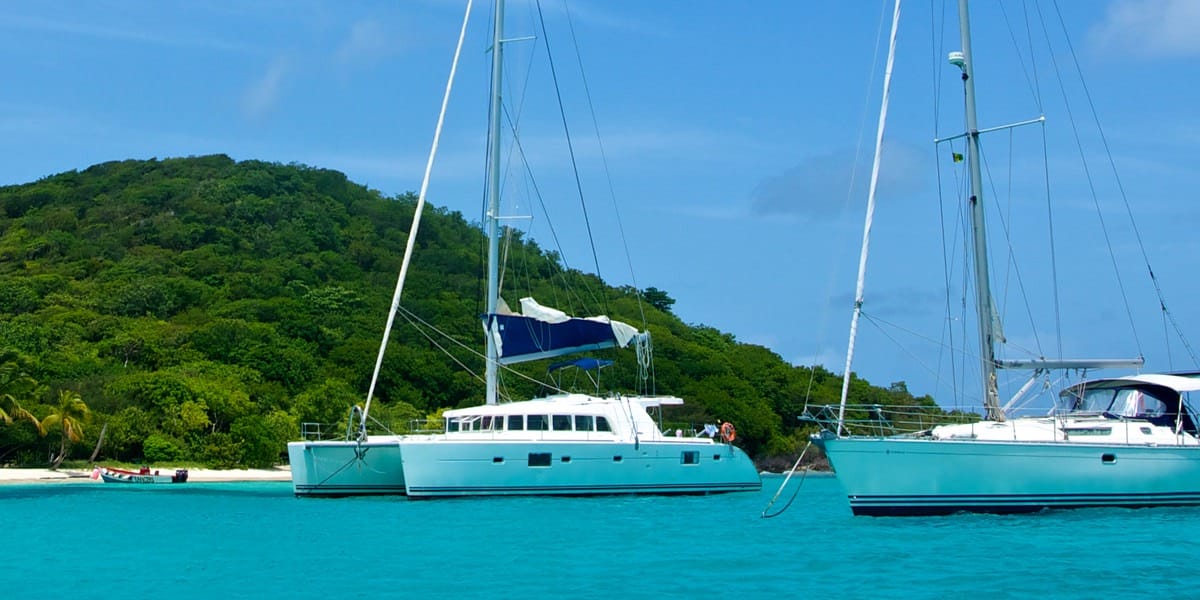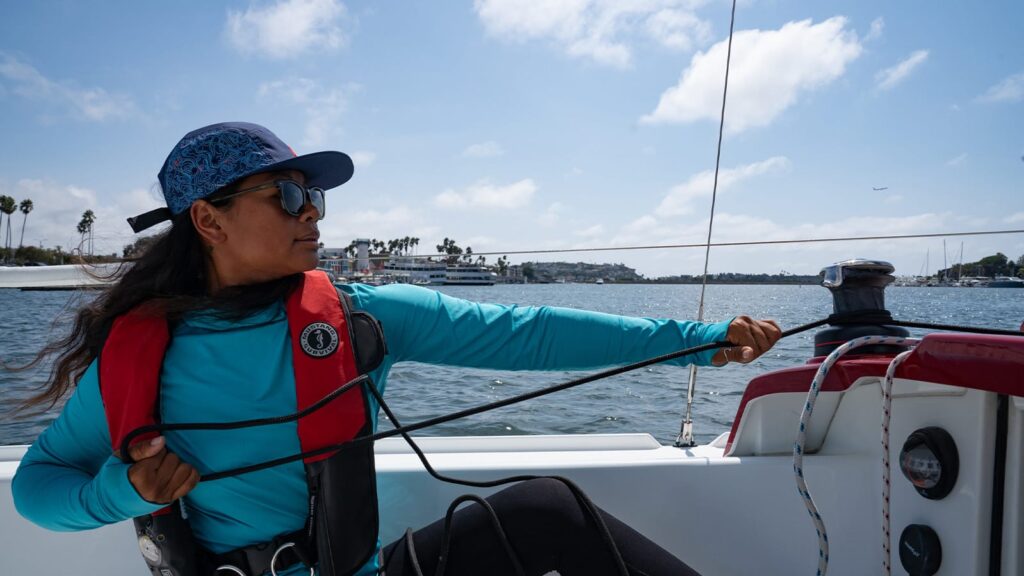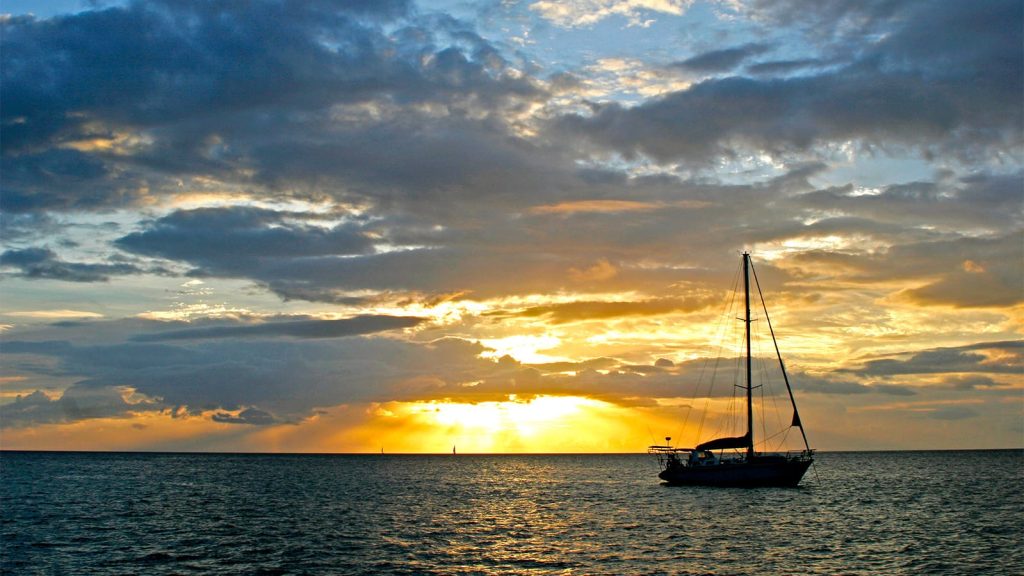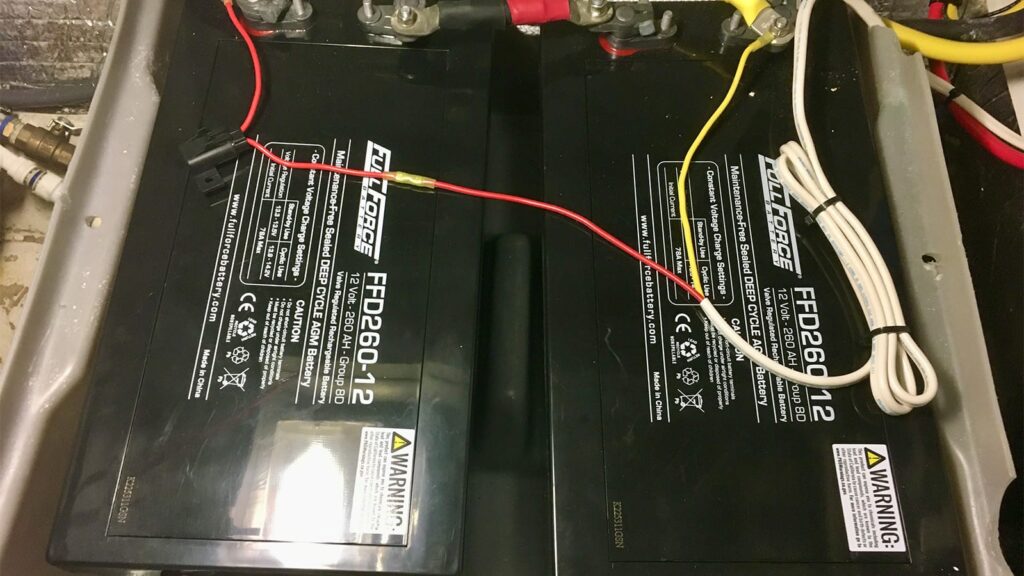The way a person becomes a solid sailor is about as varied as anything there is. Some learn from their great grand pappy; maybe others buy a boat and figure it out on their own. There are endless paths towards the final goal of becoming a competent sea-dog, but obviously we here at ASA, have a path we advocate that we believe is most effective. That path revolves around the concept of acquiring knowledge and skill from a trained certified professional, then utilizing what’s been learned in a real-world environment. And when it comes to late-stage core fundamental training, we believe participating in flotillas is an excellent idea.
Once a student advances from 101 to 103 and then onto 104, they are becoming, no doubt, quite proficient sailors. Typically a student who is finishing up their 104 curriculum is raring to be challenged by some brave new experience/adventure that only sailing can bring. Being part of a flotilla is the perfect means to scratch that itch with a nice built in layer of protection – a buffer that lies between 104 and bareboat chartering.
Ok, hold on, back up. What exactly is a flotilla? Well, generally speaking, a flotilla (for our purposes) is a group of boats cruising together with one, more experienced, skipper in the mix who is something of a guide. This person is usually a very good sailor with an abundance of local knowledge.
There are a few different breeds of flotillas. It may be good to start with a regional one to begin with. It’s common for local groups to organize a voyage to a destination that is slightly out of reach, but still a day sail. For folks who haven’t done much over-nighting or all-day sails on their own boats (or a local charter company), this is a great idea. It’s the next step past simple daysailing and nice to have a little backup. And as a bonus, once everything is tied up and put away, there are boats and people all over the place to hang out and have fun with.
Once a few of those are under your belt it’s a great idea to stretch the comfort level and join a bareboat flotilla that’s far away, maybe in another state or country. That’s when you really feel the benefit of the idea. Having someone present who knows the harms and hot spots of a particular area is an enormous luxury. There will be a lot of learning going on and plenty of things to negotiate so not having to worry about some uncharted rock or where to find fuel/provisions is a perfect way to tackle this challenge. There are flotillas of this kind happening in some amazing places. Currently ASA is hosting flotillas in Belize, British Virgin Islands, Croatia, the Canary Islands and many more.
For out more about upcoming ASA flotillas >>
Charter Resources
- Your First Charter Sailing Vacation Today bareboat chartering is the culmination of your sailing education. When you walk across the deck and get your sailing diploma you step on to the metaphorical boat of your future and you can sail it anywhere you want!
- Charter Sailboat Resources Whether you have just begun to sail and have recently earned your ASA 101 certification or if you have already mastered ASA 114 and are a veteran of bareboat charters this resource should help you.
- Bareboat Charter in the BVI Getting aboard your bareboat charter is the goal when you get your ASA sailing certifications. Where do you begin? For many, it is a sailing vacation in the British Virgin Islands.
- Choosing a Charter Boat Company It’s time for you to set off on your own and explore endless shorelines and secluded coves. You have mapped out your plan and you have reserved your vacation time now all you need is a boat. How do you choose a charter company to rent a boat for a week?
- Choosing The Right Boat for Your Sailing Charter When you decide to take a sailing vacation aboard a sailing vessel that you will call home for a week or two you’ll be surprised by just how much you think you need.
- Sailing in Europe? Chartering overseas is on the bucket list of many a sailor, but making it happen comes with a stipulation or two. A sizable number of countries require an International Proficiency Certificate that lets them know the charterer is trained, qualified and prepared to take one of their boats out to sea.








